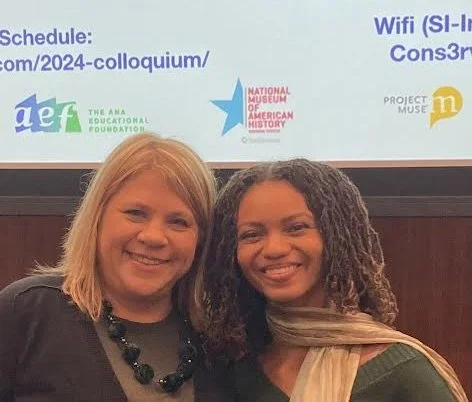New paper in Cons. Bio: The city as a refuge for insect pollinators
DOI: https://doi.org/10.1111/cobi.12840
Abstract
Research on urban insect pollinators is changing views on the biological value and ecological importance of cities. The abundance and diversity of native bee species in urban landscapes that are absent in nearby rural lands evidence the biological value and ecological importance of cities and have implications for biodiversity conservation. Lagging behind this revised image of the city are urban conservation programs that historically have invested in education and outreach rather than programs designed to achieve high-priority species conservation results. We synthesized research on urban bee species diversity and abundance to determine how urban conservation could be repositioned to better align with new views on the ecological importance of urban landscapes. Due to insect pollinators’ relatively small functional requirements—habitat range, life cycle, and nesting behavior—relative to larger mammals, we argue that pollinators put high-priority and high-impact urban conservation within reach. In a rapidly urbanizing world, transforming how environmental managers view the city can improve citizen engagement and contribute to the development of more sustainable urbanization









